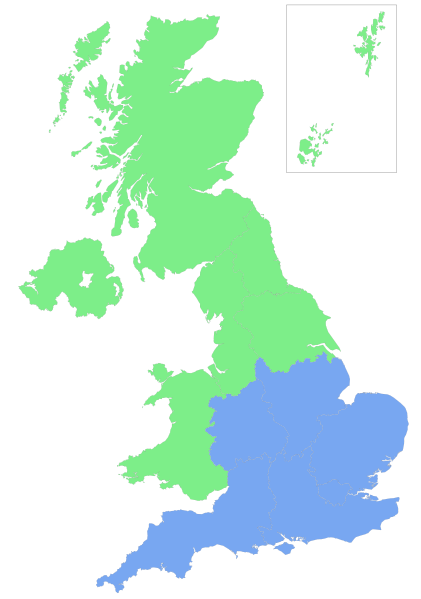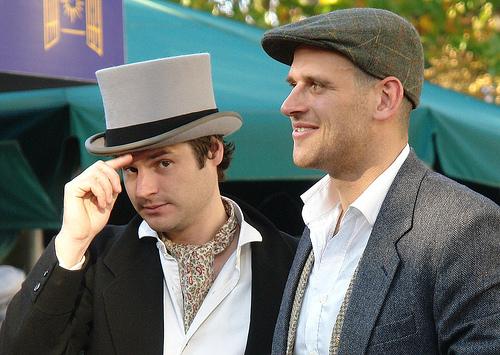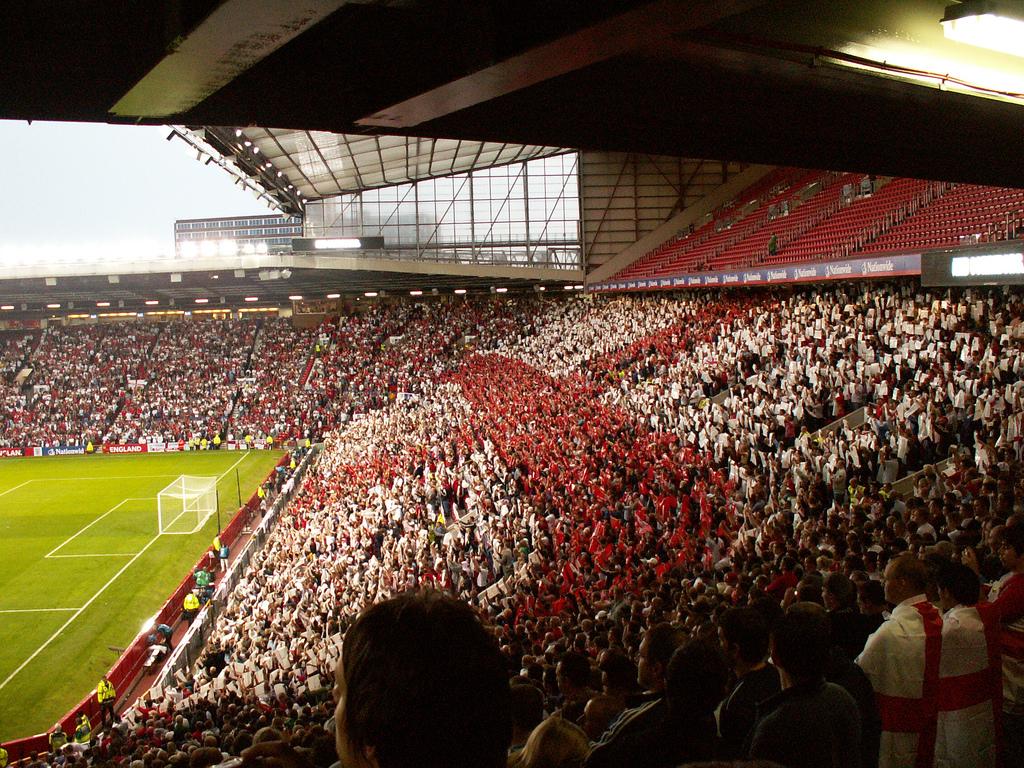The North - South Divide
The North South Divide
Can you think of any differences between northern and southern Norway? Do you think there might be similar differences between the northern and southern parts of England?
When thinking of England, a lot of people will immediately think of the South, of the huge conurbation around London, and of the picturesque villages and green landscape, but there is another England in the North. This is the country of Manchester United and the Beatles.
Listen to the interview with the pub owner, below. He has lived both down south and up north.
North-South Divide
The English often talk about the Great Divide between the North and the South. There are many differences in culture and attitudes. Whereas northerners are seen as being more open, talkative and sociable, southerners are considered more withdrawn, treating strangers politely and correctly.

Politically, southerners are more apt to vote conservative in elections, whereas northerners usually vote labour. Many southerners consider the northerners lazy and primitive, while people in the North of England often refer to the southerners as snobs.
The North of England was traditionally a heavily industrialized area, especially the West Midlands, around Birmingham, which was referred to as the Black Country, due to heavy pollution from the coal industry and other related industries. The workers in the North were manual workers, employed in the mines and textile mills. They were often overworked and underpaid and lived in crowded conditions in the smoky, industrial cities. Liverpool was once a port employing tens of thousands of men, loading and unloading ships trading with Britain's colonies and North America.
Since the 1970s, however, the North of England has experienced a heavy economic recession. The majority of the coalmines closed, and Britain no longer had automatic access to cheap raw materials, as it had long since lost all its colonies. Strong international competition contributed to a decline in the demand for British products abroad. This, in turn, resulted in massively high unemployment as whole sectors of industry virtually disappeared

The future looks brighter and many of the northern cities are now being renewed, an example being the old port of Newcastle-upon-Tyne, which is now unrecognisable, with its totally renovated facades and beautiful city centre. The dock area in Liverpool is one of the city's most popular attractions, with its museums, art galleries and restaurants. The North is not only made up of big, industrial cities; it has several national parks, beautiful countryside and many popular areas for walking.
The South of England is renowned for farming, modern technology and economics. Many of the new industries, such as high technology and service industries, have developed here. It is also the area most visited by foreign tourists, mainly because of London. The capital city, with its 7 million inhabitants, is the economic and administrative centre of the United Kingdom. The City of London is an international banking and insurance centre. In the gentle green countryside, you can see the picturesque villages and gardens considered typically English.
- Look at the picture of the two men. In what ways does it symbolise the north-south divide?
- Make a table and list the contrasts between the North and the South.
- Would you have preferred to live up north or down south? Explain your choice.
Here is an article from the BBC about changes in the North-South Divide from 1970 to 2008.
